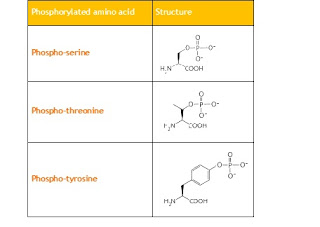The basics of Monoclonal Antibody Development and Antibody Production
Antibody Production Services Genosphere Biotechnologies offers complete polyclonal antibody production services packages, including peptide or protein antigen synthesis, choice of hosts immunization, antibody purification, and quality control analyses. Our polyclonal antibody production services are designed to meet a variety of experimental requirements. For example, depending of the planned experiments, antisera or purified antibodies can be provided. Multiple purification methods are available, including protein A and antigen affinity purification. Purification of the antisera is used to enrich the antibody activities. Genosphere Biotechnologies has long experience in successful polyclonal antibody development and guarantees an ELISA titer above 1:100,000. We offer multiple packages that can fit various customer needs. Our featured development packages can guarantee the delivery of fully-validated rabbit, guinea pig, rat, or mouse ...

